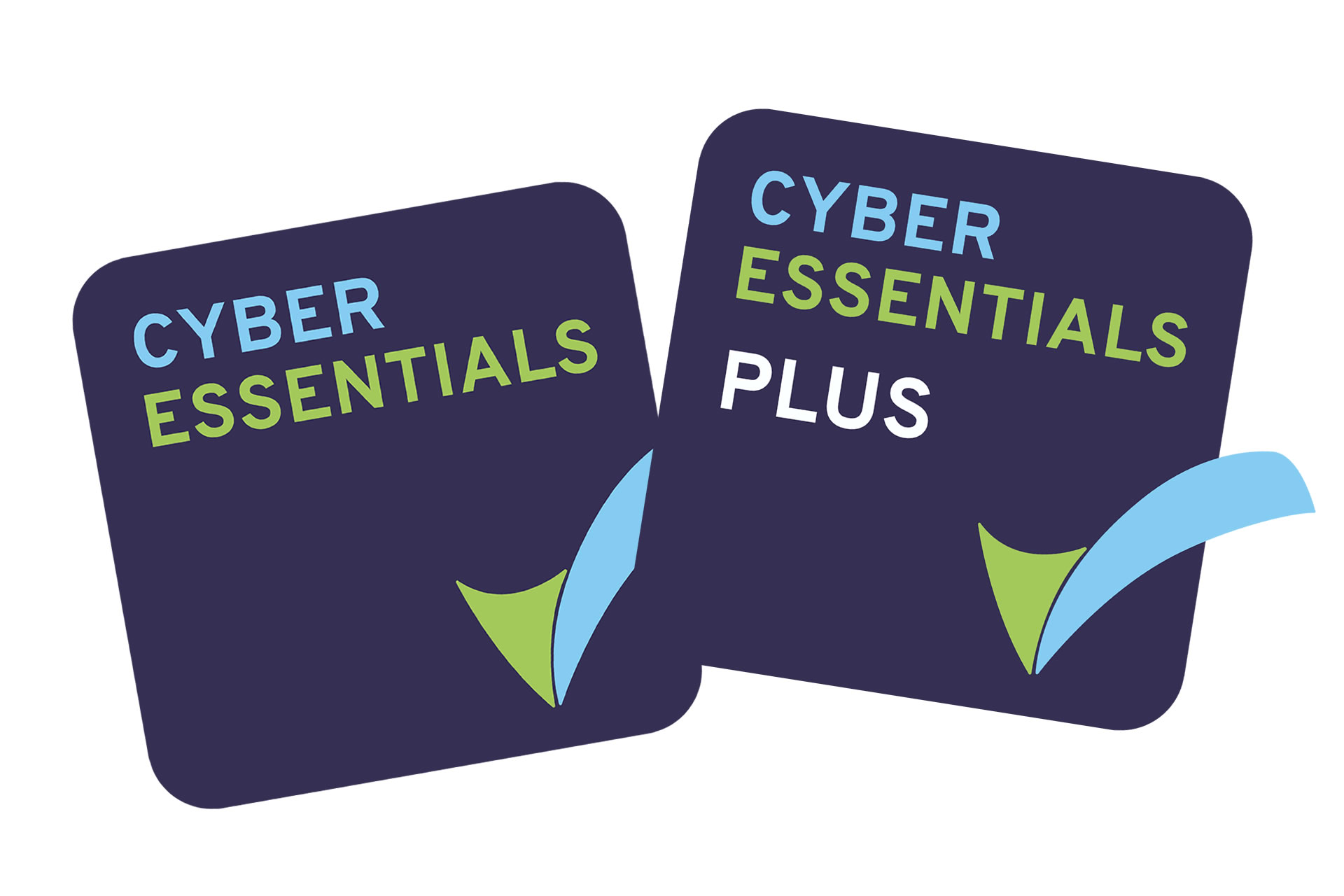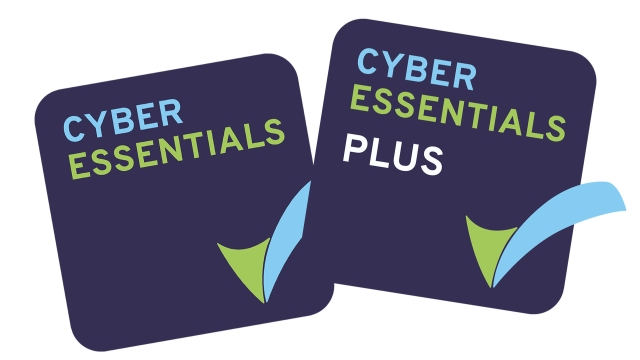
In this ever-evolving digital landscape, the importance of cybersecurity cannot be overstated. With the exponential rise in cyber threats, it has become imperative for individuals and businesses alike to fortify their online defenses. That’s where Cyber Essentials come into play. These essential practices not only safeguard our digital world but also promote a culture of secure online behavior.
Cyber Essentials encompass a set of foundational measures that serve as a strong line of defense against cyber attacks. By adhering to these principles, individuals and organizations can significantly reduce their vulnerability to malicious online activities. From protecting sensitive personal information to safeguarding critical business data, Cyber Essentials provide a comprehensive framework for bolstering cybersecurity.
One of the fundamental aspects of Cyber Essentials is the implementation of robust password policies. Often, weak and easily guessable passwords serve as gateways for hackers to gain unauthorized access. By utilizing complex passwords, regularly changing them, and guarding them diligently, we can protect our digital identities and ensure the integrity of our data. Additionally, employing multi-factor authentication, where available, adds an extra layer of security by requiring multiple forms of verification.
Another crucial component of Cyber Essentials is the vigilant practice of identifying and avoiding phishing attempts. Cybercriminals often employ deceptive tactics to trick unsuspecting individuals into revealing personal information or downloading malicious software. Staying alert to the signs of phishing, such as suspicious emails or unfamiliar websites, and refraining from clicking on suspicious links can go a long way in thwarting potential attacks.
By adhering to these Cyber Essentials, we can proactively address the risks posed by cyber threats and safeguard our digital world. In future articles, we will delve deeper into specific measures and best practices that individuals and organizations can adopt to ensure the security of their online presence. Together, let’s create a safer cyberspace for everyone to thrive in.
Understanding Cyber Essentials
In today’s digital landscape, protecting your online presence is more important than ever before. With the increasing number of cyber threats lurking around the corner, it is crucial to have a solid foundation of cybersecurity measures in place. Enter Cyber Essentials, a set of essential security controls designed to safeguard your digital world.
Cyber Essentials provides a framework that helps individuals and organizations protect themselves against common cyber threats. By implementing the key principles outlined in Cyber Essentials, you can significantly reduce the risk of falling victim to malicious activities such as data breaches, malware attacks, or ransomware incidents.
One of the fundamental aspects of Cyber Essentials is ensuring that your devices, networks, and software are properly configured and regularly updated. This means adopting secure settings for your computers, mobile devices, firewalls, and routers, and keeping them up to date with the latest security patches. By doing so, you can proactively address any vulnerabilities that cybercriminals may exploit.
Another important focus of Cyber Essentials is access control. It is essential to control who has access to your sensitive information and ensure that only authorized individuals can access it. Strong passwords, multi-factor authentication, and limiting user privileges are some of the key measures that can bolster your defenses against unauthorized access.
Lastly, Cyber Essentials emphasizes the importance of educating and training your personnel about cybersecurity best practices. Human error is often exploited by hackers, so it is crucial to create a culture of security awareness within your organization. Regular training sessions, awareness campaigns, and simulated phishing exercises can help your employees stay vigilant and better equipped to identify and respond to potential threats.
By adopting Cyber Essentials as a foundation for your cybersecurity strategy, you can establish a solid and resilient defense against cyber threats. While it may not guarantee absolute protection, it can significantly reduce the risk and provide peace of mind in an increasingly interconnected world.
Remember, cyber threats continue to evolve, so it is important to regularly review and update your cybersecurity practices to stay one step ahead of the attackers. Stay tuned for the next sections of this article, where we will delve deeper into the practical steps of implementing Cyber Essentials and explore the benefits it brings to your digital world.
Implementing Cybersecurity Measures
In order to protect your digital world and safeguard against cyber threats, it is crucial to implement effective cybersecurity measures. By taking proactive steps, you can significantly reduce the risk of cyber attacks and ensure the safety of your online activities. Here are three key considerations when implementing cybersecurity measures:
-
Strong Passwords: One of the first lines of defense against unauthorized access is creating strong passwords. Make sure to use a combination of letters (both uppercase and lowercase), numbers, and special characters. Avoid using easily guessable information such as your birthday or pet’s name. Regularly update your passwords and avoid reusing them across different platforms to minimize the chances of a breach.
-
Multi-Factor Authentication: Strengthen your online security by enabling multi-factor authentication whenever possible. This additional layer of protection typically requires you to provide a second form of verification, such as a unique code sent to your mobile device, in addition to your password. By implementing multi-factor authentication, you add an extra barrier to prevent unauthorized access to your accounts.
-
Software Updates and Patches: Regularly update your operating systems, applications, and devices with the latest software updates and patches. These updates often include security fixes and enhancements that protect against known vulnerabilities. Enable automatic updates whenever possible to ensure you stay protected from newly discovered threats.
By implementing these cybersecurity measures, you can significantly reduce the risk of falling victim to cyber attacks and help protect your digital world. Remember that cybersecurity is an ongoing process, so it is important to stay informed about the latest threats and best practices to stay one step ahead of potential attackers.
Best Practices for Protecting Your Digital World
In today’s increasingly connected world, cybersecurity has become a crucial aspect of our everyday lives. The internet has revolutionized the way we communicate, work, and engage with the world. However, it has also brought about new risks and threats to our digital security. To ensure the safety of your digital world, it is important to follow best practices when it comes to cybersecurity.
-
Stay updated with software and system patches: One of the most effective ways to protect your digital environment is to keep all your software and operating systems up to date. Software developers regularly release updates to address vulnerabilities and strengthen security. Make it a habit to install patches as soon as they become available to minimize the risk of exploitation by cybercriminals.
-
Use strong and unique passwords: Passwords are the first line of defense against unauthorized access. Create strong passwords that are not easily guessable, and avoid using common words or phrases. It is also essential to use unique passwords for each online account to prevent a domino effect in case one password is compromised. Consider utilizing a password manager to securely store and generate complex passwords.
-
Enable two-factor authentication (2FA): Two-factor authentication adds an extra layer of security by requiring users to provide two forms of identification to access an account. Typically, this involves a combination of something you know (like a password) and something you possess (like a verification code sent to your mobile device). Enabling 2FA provides an additional barrier against unauthorized access, even if your password gets compromised.
By following these best practices, you can significantly enhance your cybersecurity posture and protect your digital world from potential threats. Keep in mind that cybersecurity is an ongoing effort, and staying informed about the latest security measures is crucial in today’s ever-evolving digital landscape.
